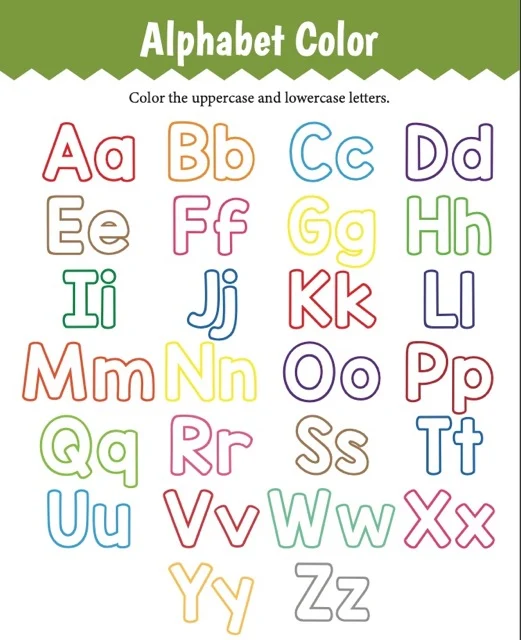Alphabet Practice for Young Children
This briefing document summarizes three sources on alphabet practice for young children, emphasizing its importance in building foundational literacy skills. Effective methods include diverse activities like tracing, writing, and coloring to enhance letter recognition and fine motor skills. The sources stress individualized learning to cater to different learning styles and the crucial role of supportive parents and educators. Finally, the document highlights the importance of age-appropriate introduction and engaging learning experiences.
Alphabet Practice for Young Children
Learning the alphabet is a child's first major step into the world of reading and writing. Effective alphabet practice is more than just memorizing letters; it's about building a strong foundation for all future literacy skills. This guide explores how to make alphabet practice a fun and fruitful journey for your young learner.
More Than Just Memorization
To truly master the alphabet, children benefit from a variety of engaging activities that cater to different learning styles. The most effective practice includes:
Tracing: Following dotted letterforms helps children learn correct letter formation and refines the fine motor skills necessary for writing.
Independent Writing: Once comfortable with tracing, writing letters from memory solidifies letter recognition and builds handwriting proficiency.
Coloring: Coloring letters and associated pictures makes learning enjoyable, enhances visual memory, and improves hand-eye coordination.
The Building Blocks of Literacy
These simple activities pack a powerful developmental punch. Consistent alphabet practice helps children:
Strengthen Letter Recognition: Repeated exposure to letter shapes through tracing, writing, and coloring ensures that children can quickly and accurately identify letters.
Develop Fine Motor Skills: The controlled movements used in these activities are crucial for developing the muscle control needed for legible handwriting.
Foster a Love for Learning: When practice is fun and engaging, children develop a positive attitude towards learning that can last a lifetime.
Parents and educators play a vital role by creating a supportive environment, providing engaging materials, and celebrating every small success. By making alphabet practice a playful and encouraging experience, we can set our children on the path to becoming confident and fluent readers and writers.








